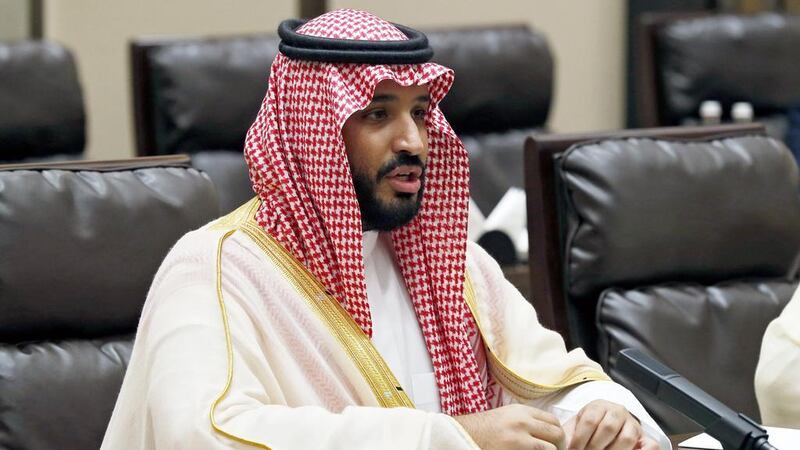Saudi Arabia's third quarter budget deficit fell 9.4 per cent compared with last year, according to figures from the country's ministry of finance, as increased tax and non-oil revenues offset lower oil revenues.
The deficit stood at 48.7 billion riyals for the three months to the end of September, compared with 53.8bn for the same period last year, but up 5 per cent compared with the figure from Q2 2017.
Revenues rose 11 per cent year-on-year to 142.1bn riyals, thanks to a more than doubling of tax on goods and services, a category that includes oil product fees and excise tax on harmful products. Non-oil revenues rose 80 per cent to 47.8bn riyals, while oil revenues were 6.6 per cent lower at 94.3bn riyals compared with Q3 2016.
"We continue to move towards our ambitious economic reform objectives for the long term, including the delivery of a balanced budget," said Saudi finance minister Mohammed Al Jadaan in a statement., saying the country was on track to meet its budget projections for 2017.
"Whilst economic challenges remain, the economic reforms and measures that are set in the Fiscal Balance Program within Saudi Vision 2030 have proved effective, contributing to an increase in non-oil revenues, and we are making progress in creating a stronger and more diversified economy".
Saudi Arabia's budget deficit narrows in third quarter
Revenues rise 11 per cent year on year, boosted by non-oil and tax income

Editor's picks
More from the national





